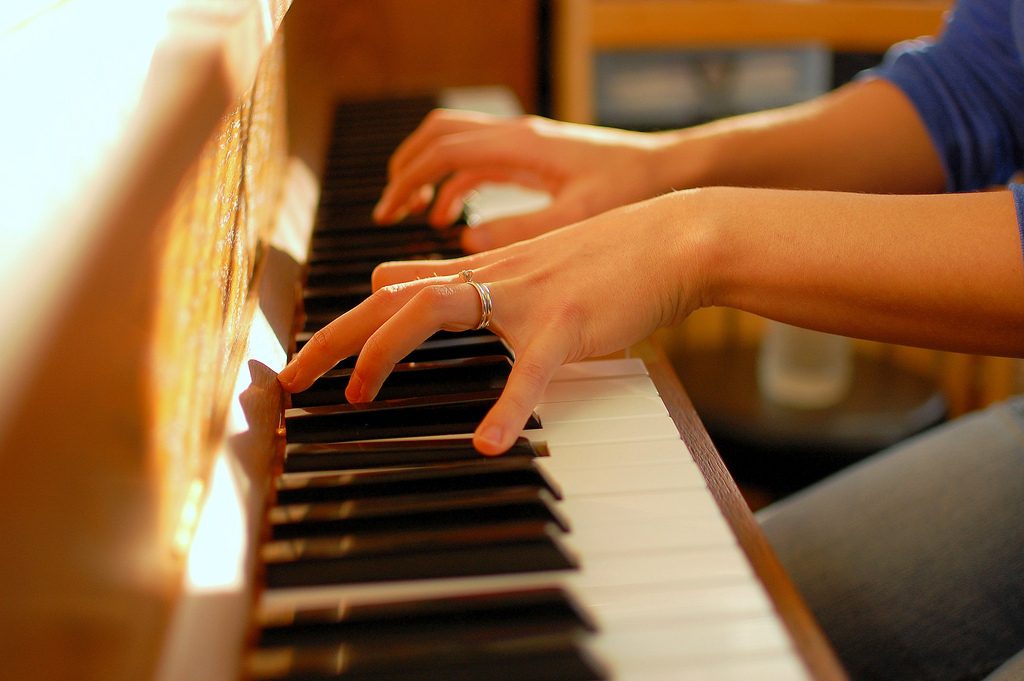In 2020, Americans spent around $680 million in domestic travel, which shows there’s so much of our nation to discover.
The world of global health concerns and social distancing meant that U.S. households increased their leisure time to.
How many hours a day did you find yourself mindlessly watching television or scrolling on your phone?
Don’t fret if your answer may have shocked you as now can be your time to make a change with your free hours. Being home more often means you have the chance to take up a new skill, and learning how to play the piano is a worthwhile endeavor. We are here to explain why.
Continue reading below for the four powerful benefits that come from playing the piano.

1. Handling Constructive Feedback
Learning how to play the piano is not an easy talent to strike up. Piano teachers are known for being strong critics of students in piano lessons, not holding back on honest feedback.
But putting yourself in a place of dealing with constructive criticism means you learn the power of responding positively to it. You shy away from negative responses or defense mechanisms and, instead, see feedback as something to learn from.
2. Dealing with Stage Fright
A great benefit from learning the piano is dealing with many people’s most common fear: stage fright. Surveys of U.S. individuals report that feel anxiety when presenting in front of others.
This social fear can be defeated when learning how to play the piano.
The piano is not an instrument to be played alone. Moreover, piano students often find themselves in front of teachers, family, and friends to hone their skills and receive quality feedback. The community needed when playing the piano eases the anxiety of performing in front of others from repetition.
The more you put yourself out there, the easier stage performances become.
3. Improving Emotional Intelligence
You may not expect something like learning the piano to benefit your relationships with other people. However, one of the amazing piano benefits you can get is higher emotional intelligence.
refers to how you manage your emotions, empathize with others, and deepen communications. Learning how to play the piano increases your ability to listen attentively, and that is key to strengthen connections with others.
If you can be an active listener and pick up on tone and intonations, your ability to read between the lines and understand people’s emotional states will increase.
4. Learning How to Play the Piano and Cognitive Development
Learning how to play the piano takes an immense amount of concentration and perseverance. Both of those qualities mean your brain is working in overdrive to play a new tune.
Many studies show a positive correlation between piano playing and spatial cognitive development. The human brain responds powerfully to stimuli, often distracting you from a current task at hand. Playing the piano needs a strong focus and that impacts how you learn and retain information in other situations.
Students of the piano were more likely to score higher on standardized tests in schools. But even learning how to play the piano as an adult, your concentration and memory get fantastic boosts in power.
Start Your Piano for Beginners Journey
There are many impressive benefits gained from learning how to play the piano. Everything from cognitive development to stage fright is impacted when playing this instrument and honing your ability to focus.
Give the piano a try and look into our blog posts to find other methods of strengthening your physical, mental, and emotional prowess.

Leave a Reply